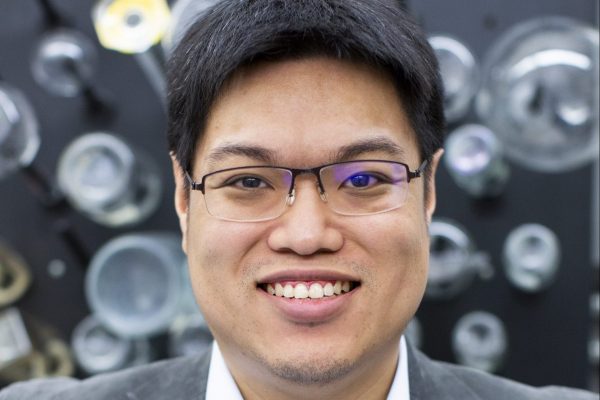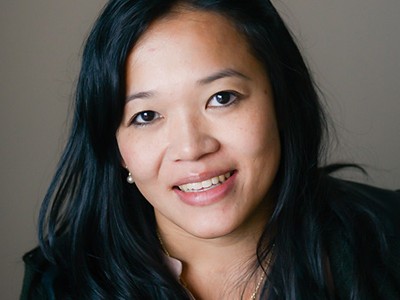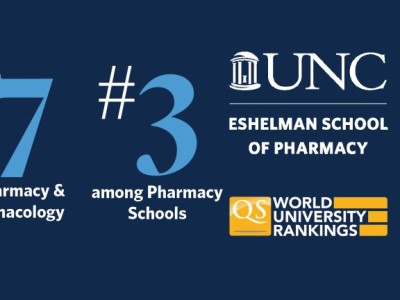April 30, 2021

Sam Lai Ph.D., has been promoted to full professor in the Division of Pharmacoengineering and Molecular Pharmaceutics at the UNC Eshelman School of Pharmacy, effective March 25.
“I am grateful for this promotion, and it is a reflection of the hard work of many outstanding students and postdocs I’ve had the privilege of working with over my past 10 years at UNC,” Lai said. “We have accomplished a great deal already, but I think the best is yet to come. I look forward to the opportunity for my team to make further impacts on improving human health.”
Lai was born in Hong Kong and spent his childhood in both Hong Kong and Vancouver. After completing high school at Phillips Academy, Andover, he attended Cornell University and received his BS in chemical and biomolecular engineering in 2003. He then undertook doctoral studies at Johns Hopkins University, receiving his Ph.D. in chemical and biomolecular engineering in 2007. Following a one-year postdoc, he became a research assistant professor at Johns Hopkins in fall 2008 before joining the UNC Eshelman School of Pharmacy in fall 2010.
Lai’s previous research focused on nanoparticle-based delivery of bioactive molecules to mucosal tissues. He helped pioneer the development of mucus-penetrating particle technology, a breakthrough that formed the basis of Kala Pharmaceuticals. His inventions are the basis of two FDA-approved drugs now, and another in late-stage clinical study by Graybug Vision.
Since moving to UNC, he has established a rigorous research program at the interface of engineering, immunology, biophysics and biomaterials. His lab has spun out a number of startups. This includes Mucommune, LLC, and Inhalon Biopharma, Inc, startups focused on harnessing antibody-mucin interactions for biomedical interventions for female reproductive health and respiratory infections, respectively. The two companies have received in aggregate over $25M in funding, and both are engaged in clinical trials starting in 2021. He has received numerous prestigious awards for his research, including the NSF CAREER Award and the Packard Fellowship in Science and Engineering.
Latest News

Delesha Carpenter promoted to full professor

Developing new ways to treat heart attacks without surgery


